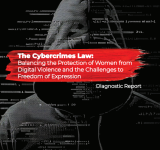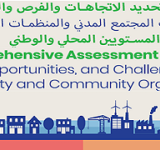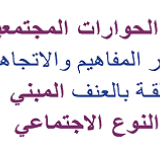Arab Population and Development Council meeting On the effects of the Corona Virus pandemic on Population "
The meeting demonstrated the interdependence between demographic and epidemic prevalence in the Arab world in terms of age structure,the average age of the population,population density,geographical distribution of the population,and the most vulnerable groups. He also discussed the repercussions of the epidemic on the population and human losses and the economic,humanitarian and psychological implications of it,in addition to its effects on society and its contribution to the increase in the number of the poor in the Arab region and its effects on food security and high prices. The meeting also discussed the measures taken by the Arab countries to alleviate the burdens and repercussions of the pandemic on the population and face its consequences.


